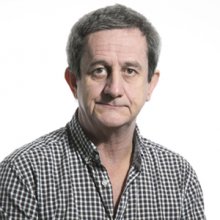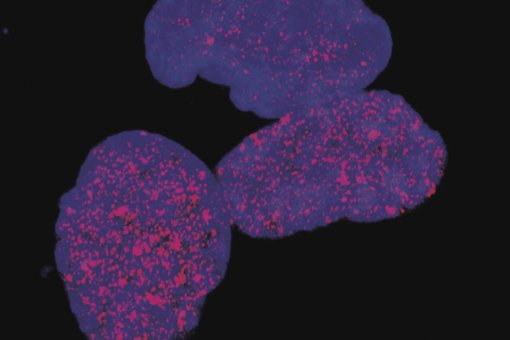Images
Participants

Contact

A comment by Cayetano González in Nature News & Views
Professor Cayetano González comments in Nature News&Views on the research done by E. Derivery, at the University of Geneva, addressing a special case of asymmetrical cell division in Drosophila. These kinds of division, where the two daughters of a dividing cell receive different complements of “fate” factors, are vital for the development of multicellular organisms, such as the fruit fly. However, these divisions are difficult to analyze due to technical and biological limitations.
In the original paper, published in the same issue of Nature, the authors define the mechanism by which vesicles called Sara endosomes are apportioned asymmetrically into two daughter cells during the division of Sensory Organ Precursor (SOP) cells. Prof. González praises the creative way the authors solved the technical difficulties involved in observing and analyzing these divisions, namely by using a contractile ring as a marker of reference to compare all recordings of the divisions. He also speculates about the possibility of that the same mechanism is present in other species, including mammals.
Cayetano González, group leader of the Cell Division Laboratory, is an ICREA Research Professor and ERC Advanced Grant holder. World expert in asymmetrical stem cell divisions, his research lines include protein traps, spindle assembly in vivo, molecular analysis of centrosomes, and cancer modeling in Drosophila.
News & Views reference:
A last-minute decision
Cayetano Gonzalez
Nature (10 December 2015):doi:10.1038/528196a
About IRB Barcelona
The Institute for Research in Biomedicine (IRB Barcelona) pursues a society free of disease. To this end, it conducts multidisciplinary research of excellence to cure cancer and other diseases linked to ageing. It establishes technology transfer agreements with the pharmaceutical industry and major hospitals to bring research results closer to society, and organises a range of science outreach activities to engage the public in an open dialogue. IRB Barcelona is an international centre that hosts 400 researchers and more than 30 nationalities. Recognised as a Severo Ochoa Centre of Excellence since 2011, IRB Barcelona is a CERCA centre and member of the Barcelona Institute of Science and Technology (BIST).




